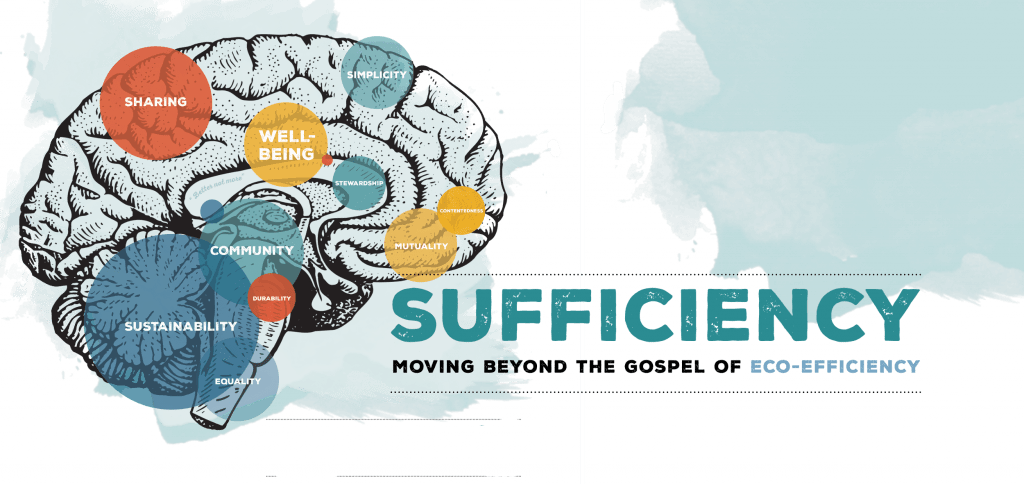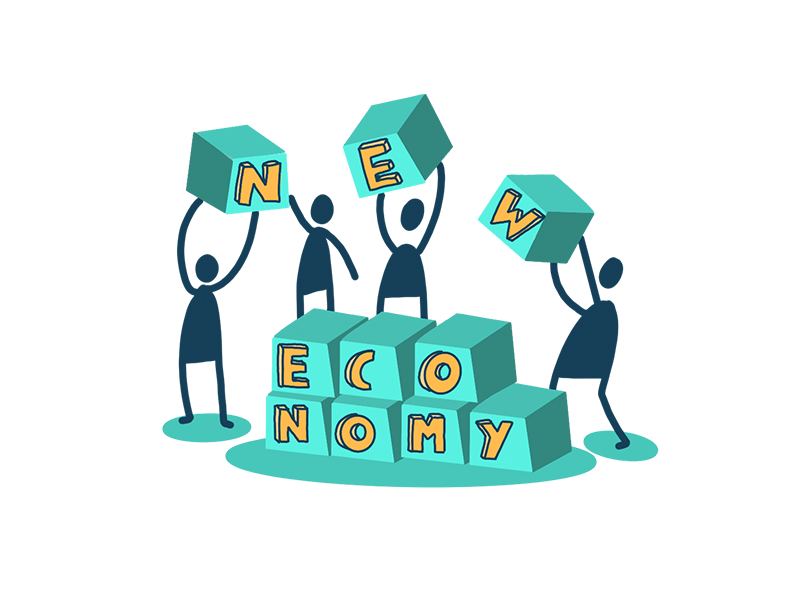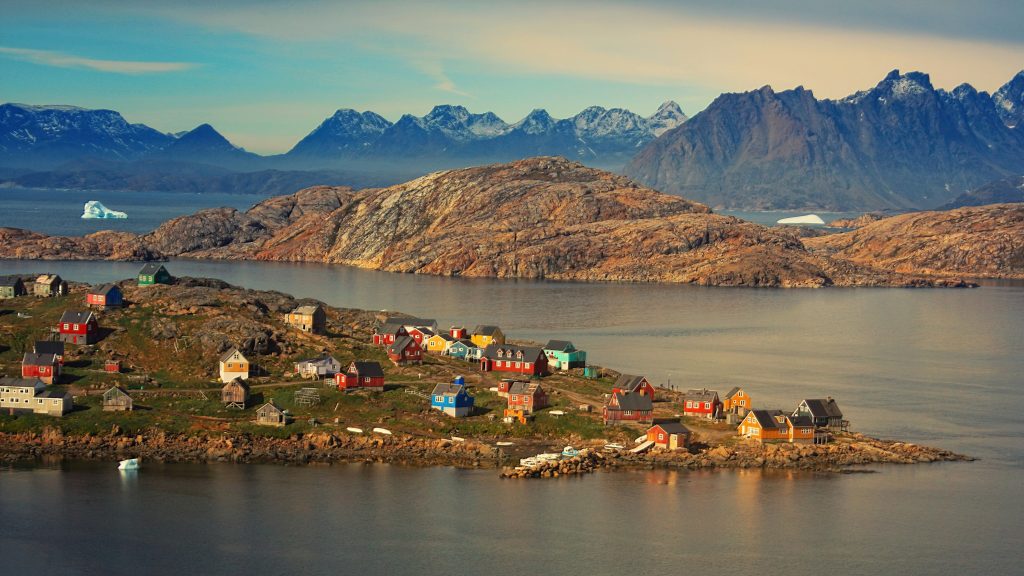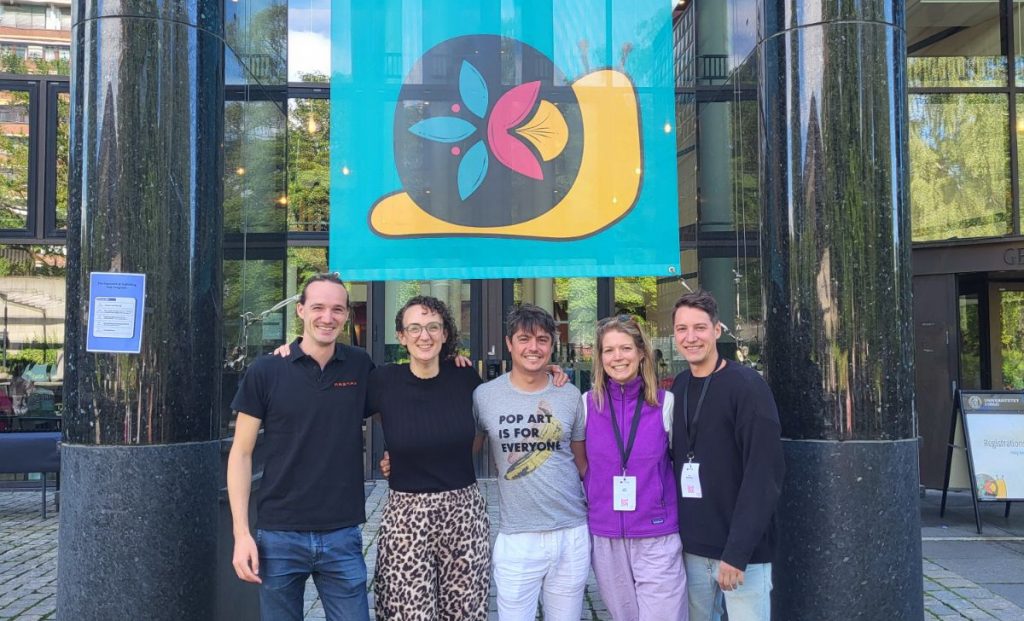In the world we aspire to, everybody has equal access to natural resources and energy to meet their needs. But how do we get there?
Our newly released booklet “Sufficiency: moving beyond the gospel of eco-efficiency” suggests introducing hard limitations to unsustainable trends – in particular to overconsumption – and putting emphasis on distributional justice. Seven chapters written by sustainability and economics experts plus a foreword by Janez Poto?nik (Co-chair of the International Resource Panel and former European Commissioner for the Environment) shed light on different angles of sufficiency and formulate concrete recommendations to EU policy makers. The booklet ends with a discussion of several eco-social policies that can start the transition towards an “economics of enough”.
Our politicians’ focus on economic growth scorns social justice and bursts our planet’s limits. It’s time for a shift to #sufficiency-based policies. How? new publication: https://t.co/pqqz6bMSvR 8 sneak peeks here! #Degrowth #Postgrowth #Limits2Growth pic.twitter.com/pMvAHmqcmn
— Friends of the Earth (@foeeurope) March 27, 2018
Leida Rijnhout, resource justice and sustainability campaigner said: Sufficiency is not predominantly an appeal to individual consumers, but rather a political challenge, a call for transformative and systemic change. We have to collectively engage in changing our economic model if we want to build a truly sustainable economy. Governments have a huge role to play in changing rules of the game and facilitating the transformation towards sustainable lifestyles.
Many new ideas for an economic paradigm shift have been developed and discussed at the academic and grassroots levels in recent years. The aim of this publication is to build on a rich body of knowledge and bring these ideas to the attention of engaged citizens and policy makers in order to advance the debate on how to implement sufficiency.








